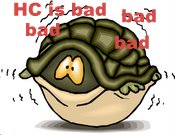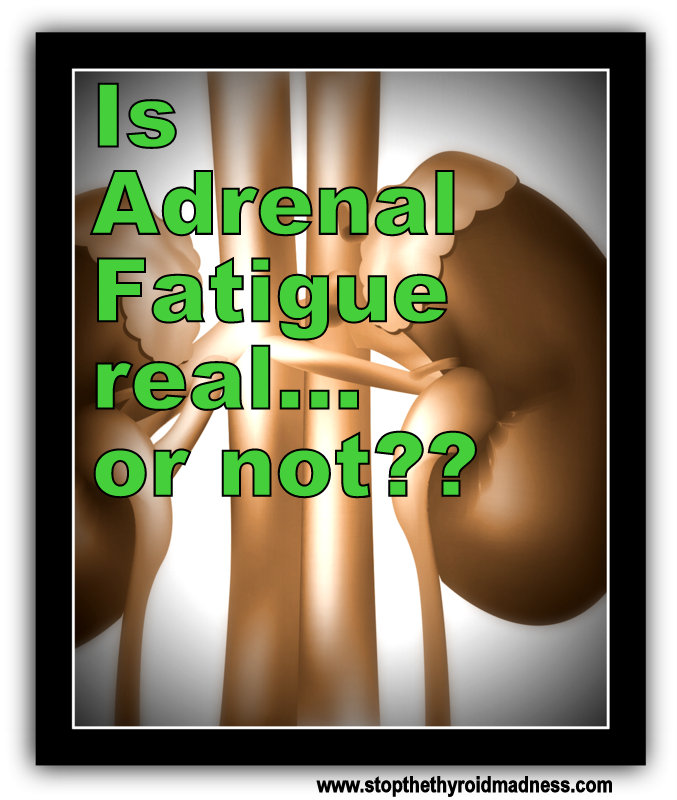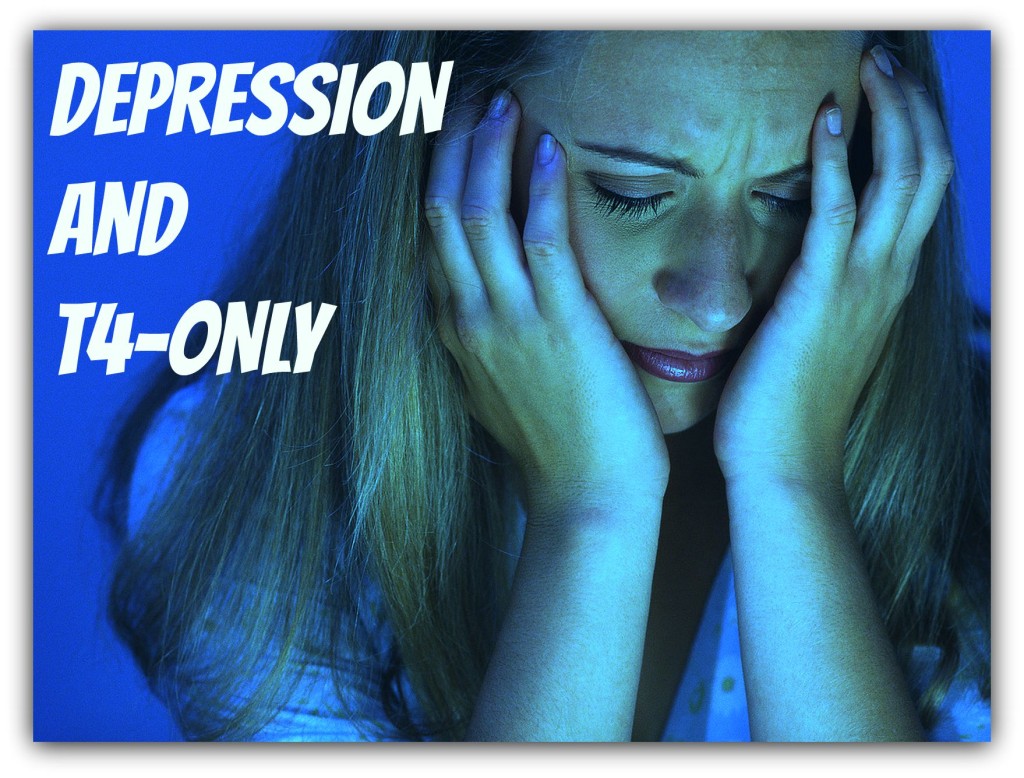A guy’s story: scaring the hell out of him about being on HC cortisol!

(This page has been updated to the present day and time. Enjoy!)
Several years ago, a large percentage of thyroid patients on yahoo groups like NTH were figuring out that they had adrenal fatigue, aka low cortisol, from years of adrenals working overtime due to the inadequate TSH lab test, or being on the lousy T4-only medications like Synthroid, Levoxyl, levothyroxine, Eltroxin, etc.
Not only does low cortisol keep desiccated thyroid from working well, it also causes all sorts of angst with paranoia, depression, anxiety, easy anger, sensitivity to light and/or sounds, reclusiveness, sleep issues and more.
First, patients discovered the importance of using the 24 hour adrenal saliva test rather than blood or urine. Blood cortisol measures both bound and unbound cortisol, and we noticed in some, it could cause levels to look high (when saliva proved it was low as did symptoms), or vice versa.
When low cortisol was confirmed via saliva testing and symptoms, the treatment was using cortisol, aka hydrocortisone, to give themselves back what their adrenals were no, to allow thyroid hormones to reach the cells. If saliva results showed only moderately low cortisol, adrenal cortex was used. The right amounts of cortisol was achieved via doing one’s Daily Average Temps.
And success was achieved!
When all other issues were discovered and treated, ranging from being on a better thyroid treatment, to bringing iron and B12 back up to optimal levels, to bringing high heavy metals down, to treating Lyme…on and on….patients were finally able to wean off, and be successful in their continued treatment with desiccated thyroid and/or T3! That success continues today!
But ignorance abounds in the medical profession
Yet in spite of clear success in the treatment of low cortisol with supplemental cortisol in the correct amount for each individual (which can range from 15 to 40 mg generally–men often need the higher end), as well as excellent books on the subject by Wilson, Peatfield, Jeffries and the STTM book, patients like RD below still encounter doctors who fill their minds with all sorts of fear and warnings:
I bought your book and later on I discovered your website which are both great. They are a superb source of information and support for thyroid and adrenal fatigue sufferers. Thank you so much!
Personally I got adrenal fatigue by a sustained lack of sleep for several years (crying babies). I found a doctor who prescribed Hydrocortisone (17.5 mg/day, 5-5-5-2.5), Fludrocortisone, DHEA and Testosterone. Symptoms disappeared in about 2 weeks.
A first attempt to wean off after 6 months made some serious symptoms reappear very quickly, so I returned to the original dose.
It is very stressful that many established doctors (our family doctor, and my wife’s thyroid-endocrinologist) are scaring me like hell that I am taking HC. They are saying I am destroying my body and I will never succeed in weaning off HC.
My wife is a T4-only thyroid-patient with low-cortisol symptoms. She also has been scared about dessicated thyroid and HC. Reading your book I was however convinced she could benefit a lot from a better treatment…
Keep up the good work, as patients we are really left alone in the dark by our doctors…
And unfortunately, it’s true. Thyroid and adrenal patients are left in the dark by many doctors about either the adrenals issue so many of us face, or how to correctly treat it.
What you can do
Here’s where you can read more, and in turn, take this important information into your doctors offices:
- All about the problem of adrenal fatigue
- Wisdom we’ve gained about it all
- Symptoms of having an adrenal problem
- The revised STTM book and chapters 5 and 6
- The last chapter of the STTM II book–the best explanation anywhere of why we get low cortisol
- Talk to other patients, including a group targeted for adrenal issues

Click on the graphic above to order an excellent saliva cortisol test.
*********************************************************

If you missed the excellent Part 2 with researcher Dr. John C. Lowe last Thursday evenings, you can listen to the recording, here.
 (Though this post was originally written in 2009, it has been updated to the current day and time and still applies!)
(Though this post was originally written in 2009, it has been updated to the current day and time and still applies!)
 I have been watching with interest the past week about the justified ire of patients being expressed all over patient groups in the internet. And in case you’ve been too busy with school starting or end-of-summer activities, it involves one of the nation’s largest mail order pharmacies as well as the largest Pharmacy Benefits Manager (PBM):Â
I have been watching with interest the past week about the justified ire of patients being expressed all over patient groups in the internet. And in case you’ve been too busy with school starting or end-of-summer activities, it involves one of the nation’s largest mail order pharmacies as well as the largest Pharmacy Benefits Manager (PBM):Â 

